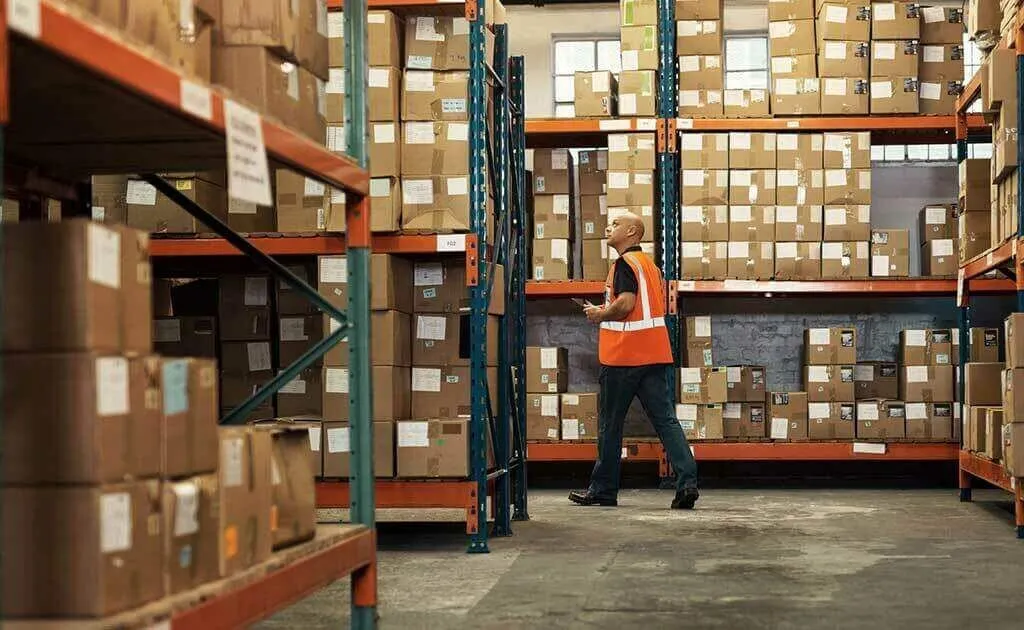In the world of retail, wholesale distributors play a pivotal role in the supply chain. Their role is to act as intermediaries between manufacturers and retailers, offering businesses access to bulk products at lower prices. Whether you’re a budding entrepreneur looking to expand your business or an established retailer searching for better ways to source products, understanding how Distributor work is essential for maximizing profitability and efficiency.
What is a Wholesale Distributor?
A wholesale distributor is a company or individual who purchases large quantities of goods from manufacturers and sells them in smaller bulk quantities to retailers, businesses, or sometimes directly to consumers. Wholesale distributors are integral to a functioning supply chain, ensuring that goods are delivered in the right amounts and at the right prices to the appropriate markets.
Distributors typically specialize in certain industries or product categories, such as electronics, clothing, home goods, food items, or even specialized machinery. They often have relationships with multiple manufacturers and act as a one-stop-shop for retailers seeking various products from different sources.
The Role of Wholesale Distributors in the Supply Chain
Wholesale distributors serve several key functions within the supply chain. Their roles include:
- Bulk Purchasing: Wholesale distributors buy products in large quantities directly from manufacturers. This bulk purchasing enables them to get lower prices per unit, which they can then pass on to retailers.
- Storage and Warehousing: Distributors often own or lease warehouses where products are stored. This helps manage inventory and ensures that goods are readily available when needed by retailers.
- Logistics and Transportation: Distributors handle the transportation of goods from manufacturers to warehouses, and from warehouses to retailers. Their logistics expertise ensures the products arrive on time and in good condition.
- Product Promotion and Marketing: While distributors are not typically responsible for direct consumer marketing, they often help manufacturers promote products to retailers through sales support, trade shows, and other industry events.
- Risk Mitigation: By purchasing goods in bulk, distributors mitigate the risks of stockouts for retailers. They can manage and distribute inventory to match demand, helping to balance supply and demand in the marketplace.
- Financial Support: Wholesale distributors often offer credit terms to their customers, allowing retailers to purchase goods upfront and pay later. This financial flexibility helps retailers manage cash flow.
How Wholesale Distributors Work
To understand how wholesale distributors function, it’s important to break down their process into key steps:
1. Sourcing Products
Wholesale distributors typically have established relationships with manufacturers. They negotiate prices, terms, and quantities with these manufacturers to secure favorable deals. These relationships allow distributors to acquire large quantities of products at wholesale prices, which are generally lower than the prices retailers would pay.
2. Purchasing and Inventory Management
Once a distributor has established a deal with a manufacturer, they place an order for a large quantity of products. Distributors often manage vast inventories in warehouses, and maintaining stock levels is crucial to ensuring they can fulfill orders from retailers quickly.
Distributors may use inventory management software to track stock levels, predict demand, and optimize storage capacity. Their goal is to have enough stock on hand to meet demand without overstocking, which can lead to wasted inventory or storage costs.
3. Selling to Retailers
Once the products are acquired and stored, the distributor sells them to businesses, typically retailers. Retailers buy the goods at the wholesale price and mark them up to sell them at a profit. Distributors offer a range of product categories to suit the needs of different types of businesses, from small mom-and-pop shops to large-scale retailers.
Wholesale distributors often provide other services, such as promotional materials or point-of-sale displays, to help retailers sell their products more effectively.
4. Logistics and Shipping
Once a retailer places an order with a distributor, the distributor coordinates the shipping and logistics to deliver the goods to the retailer. This may involve packing, labeling, and delivering products to various regions or directly to store locations.
Some distributors operate with a just-in-time (JIT) model, where products are only delivered as needed to reduce storage costs and increase inventory turnover. Others may use a more traditional inventory system where products are stockpiled in warehouses for longer periods.
5. After-Sales Support
Many wholesale distributors offer after-sales support to retailers, which may include product returns, warranty services, or assistance with faulty goods. Building good customer service into the distribution model is vital for maintaining positive relationships with retail customers and ensuring repeat business.
Types of Wholesale Distributors
Wholesale distributors can be categorized based on their target markets, the types of products they distribute, and the way they handle business transactions. Here are some common types:
1. Merchant Wholesalers
Merchant wholesalers own the products they sell and take on the financial risk associated with them. These distributors buy in bulk from manufacturers, store the goods, and sell them to retailers. Merchant wholesalers typically deal in a wide variety of goods and have a broader reach in terms of market size and geographic area.
2. Brokers and Agents
Brokers and agents act as intermediaries between manufacturers and buyers but do not take ownership of the goods they sell. Instead, they earn a commission or fee for facilitating transactions. Brokers are often used in specialized or niche markets, such as luxury goods or commodities, where buyers and sellers need specific expertise.
3. Drop Shippers
Drop shippers are distributors who do not handle the products themselves. Instead, when a retailer places an order, the drop shipper forwards the order to the manufacturer or supplier, who ships the product directly to the retailer’s customer. This model reduces the distributor’s need for large warehouses and reduces inventory risk.
4. Specialized Wholesalers
Some wholesale distributors specialize in specific industries, such as electronics, clothing, health products, or machinery. These distributors often have in-depth knowledge of the products they sell and provide value-added services such as custom packaging, assembly, or specialized logistics.
Benefits of Working with a Wholesale Distributor
For retailers and businesses, partnering with a wholesale distributor comes with several advantages:
1. Lower Costs
By buying in bulk from wholesale distributors, businesses can take advantage of lower prices per unit. These savings can significantly impact profit margins, especially for retailers.
2. Access to a Wide Variety of Products
Wholesale distributors often carry a broad range of products from multiple manufacturers, giving retailers the flexibility to choose from various categories and suppliers. This access helps businesses meet customer demands for a diverse range of goods.
3. Reduced Risk
Distributors help reduce the financial risks of stockouts by ensuring products are readily available. They also help mitigate the risk of holding large inventories, which can lead to unsold stock and storage issues.
4. Faster Turnaround Times
Working with a distributor can speed up the restocking process for retailers. Distributors maintain stock and are able to ship goods quickly, reducing the time between an order and delivery.
5. Credit Terms
Distributors often offer retailers flexible credit terms, allowing businesses to buy goods and pay for them over time. This is particularly helpful for businesses with limited cash flow, as it gives them more time to sell products before paying their bills.
Choosing the Right Wholesale Distributor
Choosing the right wholesale distributor is crucial for your business’s success. Here are a few factors to consider when selecting a distributor:
- Product Selection: Ensure the distributor offers the products you need for your business.
- Pricing: Compare pricing between distributors to ensure you get the best value.
- Reliability: Research the distributor’s reputation for delivering products on time and in good condition.
- Customer Service: Ensure the distributor offers excellent customer service and after-sales support.
- Terms and Conditions: Review the payment terms, shipping options, and return policies.
Conclusion
Wholesale distributors play a vital role in ensuring that goods are available to retailers at competitive prices and with minimal hassle. By understanding the function and benefits of wholesale distributors, businesses can optimize their supply chains, lower costs, and improve their overall operations. Whether you’re a retailer, entrepreneur, or manufacturer, working with the right wholesale distributor can lead to long-term success and increased profitability.



